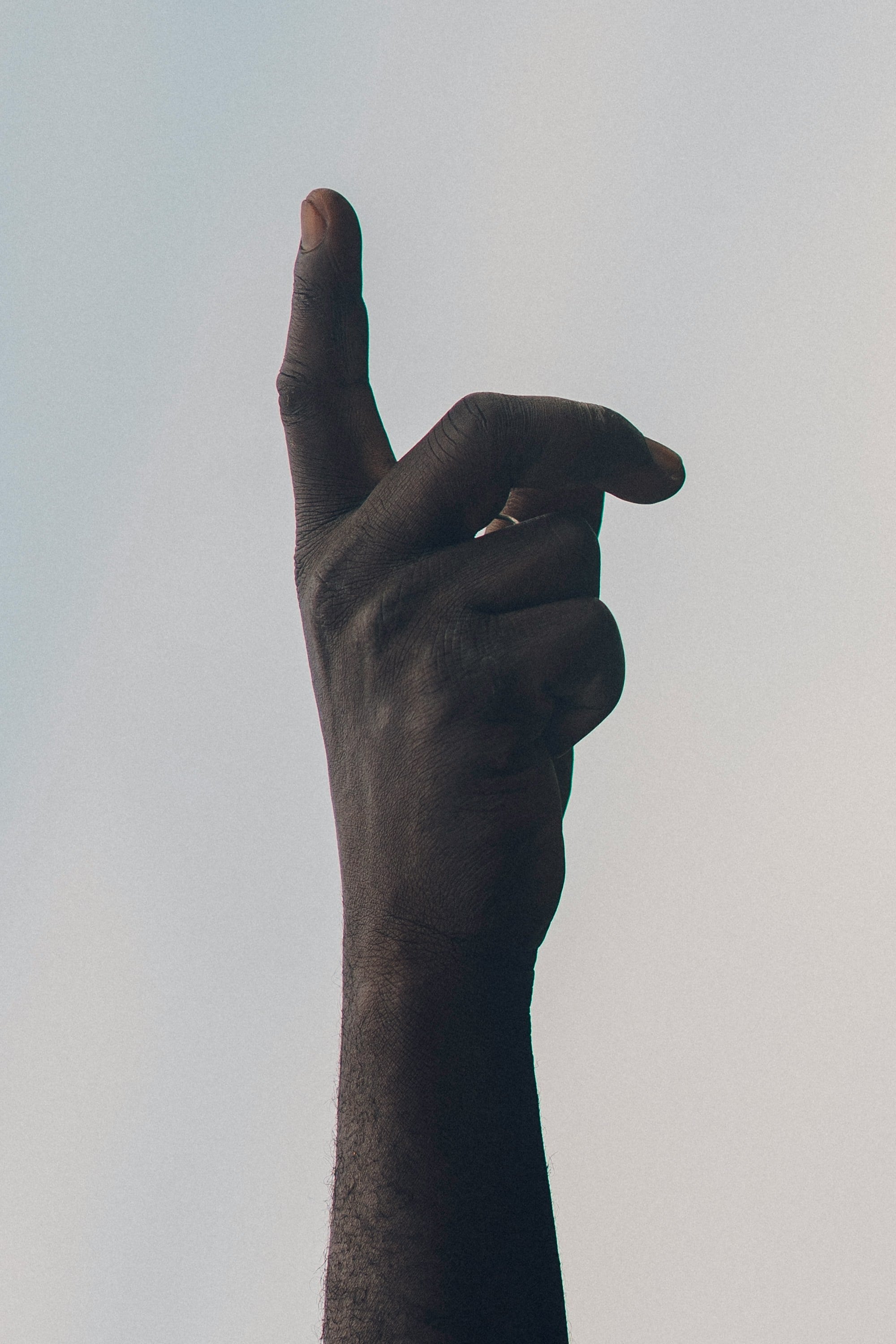
What is Tawheed Uluhiyyah?
This form of Tawheed is about the worship of Allah. It means that all forms of worship belong only to Allah. Uluhiyyah is an Arabic term that entails the worship of Allah.
It is not enough to believe that Allah is the Creator and that He has different Names and Attributes. A person must also worship Him alone. A Muslim believes in all forms of Tawheed and practices them as Allah wills.
- He deserves to be obeyed above everything and everyone
- He should be the most loved by Muslims
- He should be most feared by Muslims
- He alone deserves to be worshiped physically
The idolaters of Quraysh used to recognize the Rububiyyah (Lordship) of Allah, but worshiped others besides Him. The problem with them was directed at Uluhiyyah. They worshiped statues and made them as partners next to Allah.
Allah is One in Lordship, Names and Attributes and the right to be worshiped. And whoever opposes a form of Tawheed falls into Shirk.
Tawheed Uluhiyyah is also closely associated with the Shahada. It is one of the pillars of the Shahada to submit to this form of Tawheed.
Contents
Tawheed Uluhiyyah in the Quran
 Indeed, I am Allah. There is no god except Me, so worship Me and draw prayer to remember Me.
Indeed, I am Allah. There is no god except Me, so worship Me and draw prayer to remember Me.
(Surah Ta Ha, 14)
 We have not sent a messenger for you without the message: that there is no God but Me. Worship and serve me for that reason.
We have not sent a messenger for you without the message: that there is no God but Me. Worship and serve me for that reason.
(Surah Al-Anbiya, 25)
 When My servants ask you about Me, I am indeed close (in Knowledge). I listen to the prayer of every smolder when he calls me: Let them listen to My calling with a will, and believe in Me: So that they are guided.
When My servants ask you about Me, I am indeed close (in Knowledge). I listen to the prayer of every smolder when he calls me: Let them listen to My calling with a will, and believe in Me: So that they are guided.
(Surah Baqarah, 186)
Allah says here, "I listen to the prayer of every supplication when he invokes Me." This shows that invoking (dua) is a form of worship. Worship can be divided into two types:
- Specific beliefs, feelings, and visible acts of devotion to Allah that He has made mandatory.
- All other acts of goodness that are generally encouraged in the life of a Muslim.
 When trouble averts man, they call to their Lord, turn to Him in repentance, but when He gives them a taste of His grace, some of them give a partial worship to other gods besides their Lord.
When trouble averts man, they call to their Lord, turn to Him in repentance, but when He gives them a taste of His grace, some of them give a partial worship to other gods besides their Lord.
(Surah Ar-Rum, 33)
 Their limbs leave their sleep, invoking their Lord, in fear and hope, and they spend (sadaqa) from the maintenance we have given them.
Their limbs leave their sleep, invoking their Lord, in fear and hope, and they spend (sadaqa) from the maintenance we have given them.
(Surah As-Sajda, 16)
 Then do Dua to Allah with sincere devotion to Him, even though the unbelievers may hate it.
Then do Dua to Allah with sincere devotion to Him, even though the unbelievers may hate it.
(Surah Ghafir, 14)
 And your Lord says, "Call me, I will answer your prayer, but those who are too arrogant to serve me will surely be humiliated in hell!"
And your Lord says, "Call me, I will answer your prayer, but those who are too arrogant to serve me will surely be humiliated in hell!"
(Surah Ghafir, 60)
 Say, "I do no more than invoke my Lord, and I do not bundle Him with (false gods)."
Say, "I do no more than invoke my Lord, and I do not bundle Him with (false gods)."
(Surah Al-Jinn, 20)
Tawheed Uluhiyyah in Ahadith
 Narrated by Ibn Abbas
Narrated by Ibn Abbas
When the prophet entered the Ka'ba, he invoked Allah in all sides and did not pray until he came out, and offered a prayer of two Rak'at opposite the Ka'ba and said, "This is the Qibla.
(Sahih al-Bukhari Volume 1, Book 8, Number 391)
 Abu Huraira reported that the Messenger of Allah (ﷺ) said that Allah said to him:
Abu Huraira reported that the Messenger of Allah (ﷺ) said that Allah said to him:
"Spend (sadaqa), I will bestow you." And the Messenger of Allah (بلو اللو للييي بللم) said: The Right Hand of Allah is full and the expenditure (the riches) generously during day and night will not diminish (the means of Allah). Don't you see what (a huge amount of resources) He has spent since He created heaven and the earth, and that which has not diminished in His Right Hand? His Throne is on the water. And in His other Hand is death, and He elevates and degrades (whom he wants).
(Bukhari Book 12, Hadith 46)


